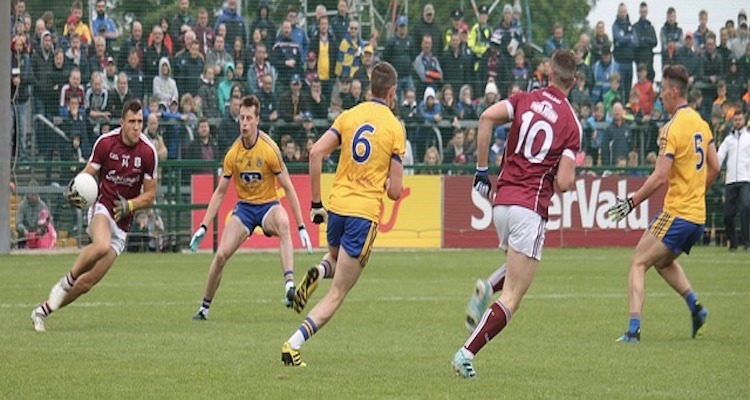
Playing Gaelic football can place various psychological demands on individuals. Here are some of the key psychological demands associated with the sport:
These psychological demands are essential for Gaelic football players to perform at their best and navigate the complexities of the sport effectively. Developing mental skills and resilience alongside physical abilities can enhance overall performance and enjoyment of the game. It is therefore no surprise that many Gaelic football players recognise the importance of psychology.
Several famous Gaelic footballers have spoken about the importance of psychology in their sport. Here are a few examples:
These players, among others, have recognized the influence of psychology on Gaelic football performance and have shared their insights and experiences to highlight its significance. Their perspectives reinforce the understanding that mental skills and psychological preparation play a crucial role alongside physical abilities in achieving success in the sport.
Working with a sport psychologist can be highly beneficial for Gaelic footballers in several ways:
Working with a sport psychologist can provide Gaelic footballers with a dedicated space to address their mental and emotional well-being, enhance their performance, and develop a holistic approach to their sport. It can contribute to their overall growth, resilience, and enjoyment in Gaelic football.
If you would like to work with a sport psychologist to help you in your Gaelic Football then do search our global directory of sport performance specialists to find someone who can help.
